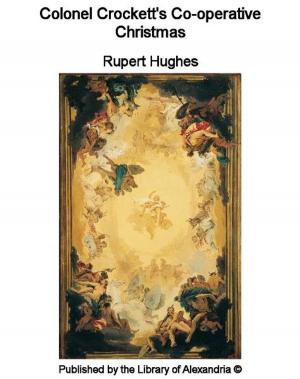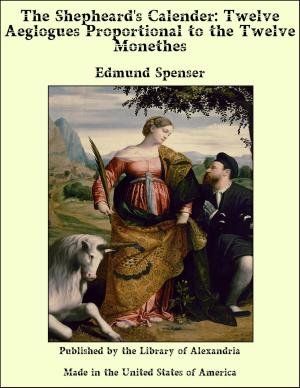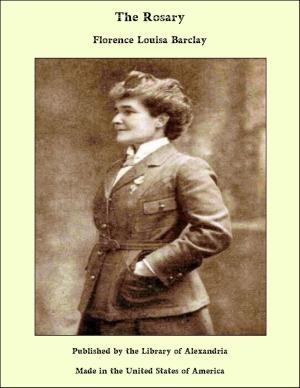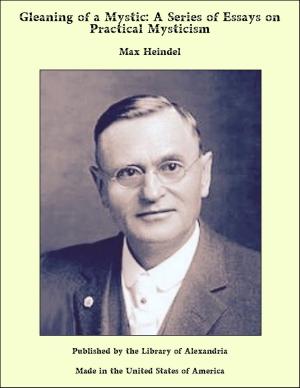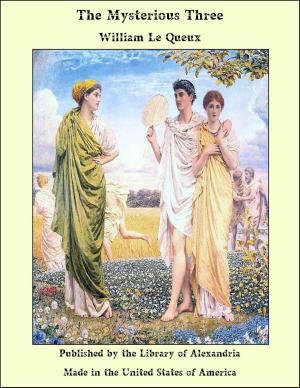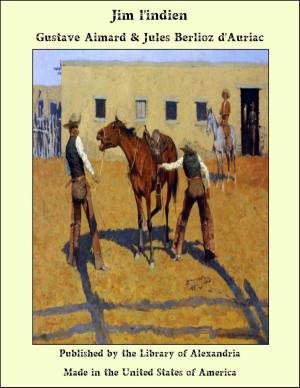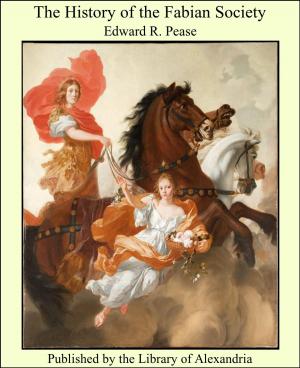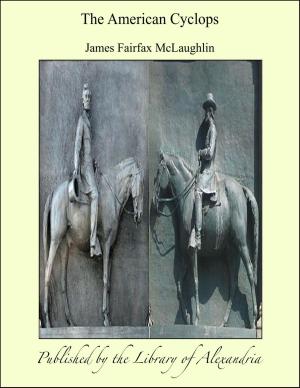An Interpretation of Slavophilism
Nonfiction, Religion & Spirituality, New Age, History, Fiction & Literature| Author: | Arthur D. Rees | ISBN: | 9781465576125 |
| Publisher: | Library of Alexandria | Publication: | March 8, 2015 |
| Imprint: | Language: | English |
| Author: | Arthur D. Rees |
| ISBN: | 9781465576125 |
| Publisher: | Library of Alexandria |
| Publication: | March 8, 2015 |
| Imprint: | |
| Language: | English |
THERE are good reasons for believing that the Russians are practically the greatest peace people in Christendom. They are the least commercial in the competitive sense, the least capitalistic also, and as a people, the least combative in Europe, despite the wrecks of warring dynasties that ten centuries have left upon their plains and the miscellaneous strifes and calamities of all kinds that have beset them. Always expanding along lines of least resistance; absorbing by comparatively petty conquests, decaying or scanty peoples; reaching Kamchatka in the Far East with more ease than she reached the shores of the Baltic; never flinging her legions far and wide victoriously as did Rome, Spain, France or Great Britain—Russia remains to-day, for the most part, humble, and, in reality, a conquered people, living, dreaming and preaching a morality born both of this humility and of the physical environment that has helped to foster it. All Muscovy can not be judged by those few who live in the saddle—the Cossack population, men and women, numbers only about two million—nor by the pitiable pageant of despotism the observer beholds in their land: pogroms, poverty, disease, distress, militarism, orthodoxy and Pan-Slavism. Russia has a soul in spite of these; a gentle and beautiful soul, only half revealed, and too much concealed by her dilapidation and her dilemma; a peaceful soul, abnormally humble and devout, and in respect to these qualities unequalled in Christendom.
THERE are good reasons for believing that the Russians are practically the greatest peace people in Christendom. They are the least commercial in the competitive sense, the least capitalistic also, and as a people, the least combative in Europe, despite the wrecks of warring dynasties that ten centuries have left upon their plains and the miscellaneous strifes and calamities of all kinds that have beset them. Always expanding along lines of least resistance; absorbing by comparatively petty conquests, decaying or scanty peoples; reaching Kamchatka in the Far East with more ease than she reached the shores of the Baltic; never flinging her legions far and wide victoriously as did Rome, Spain, France or Great Britain—Russia remains to-day, for the most part, humble, and, in reality, a conquered people, living, dreaming and preaching a morality born both of this humility and of the physical environment that has helped to foster it. All Muscovy can not be judged by those few who live in the saddle—the Cossack population, men and women, numbers only about two million—nor by the pitiable pageant of despotism the observer beholds in their land: pogroms, poverty, disease, distress, militarism, orthodoxy and Pan-Slavism. Russia has a soul in spite of these; a gentle and beautiful soul, only half revealed, and too much concealed by her dilapidation and her dilemma; a peaceful soul, abnormally humble and devout, and in respect to these qualities unequalled in Christendom.

